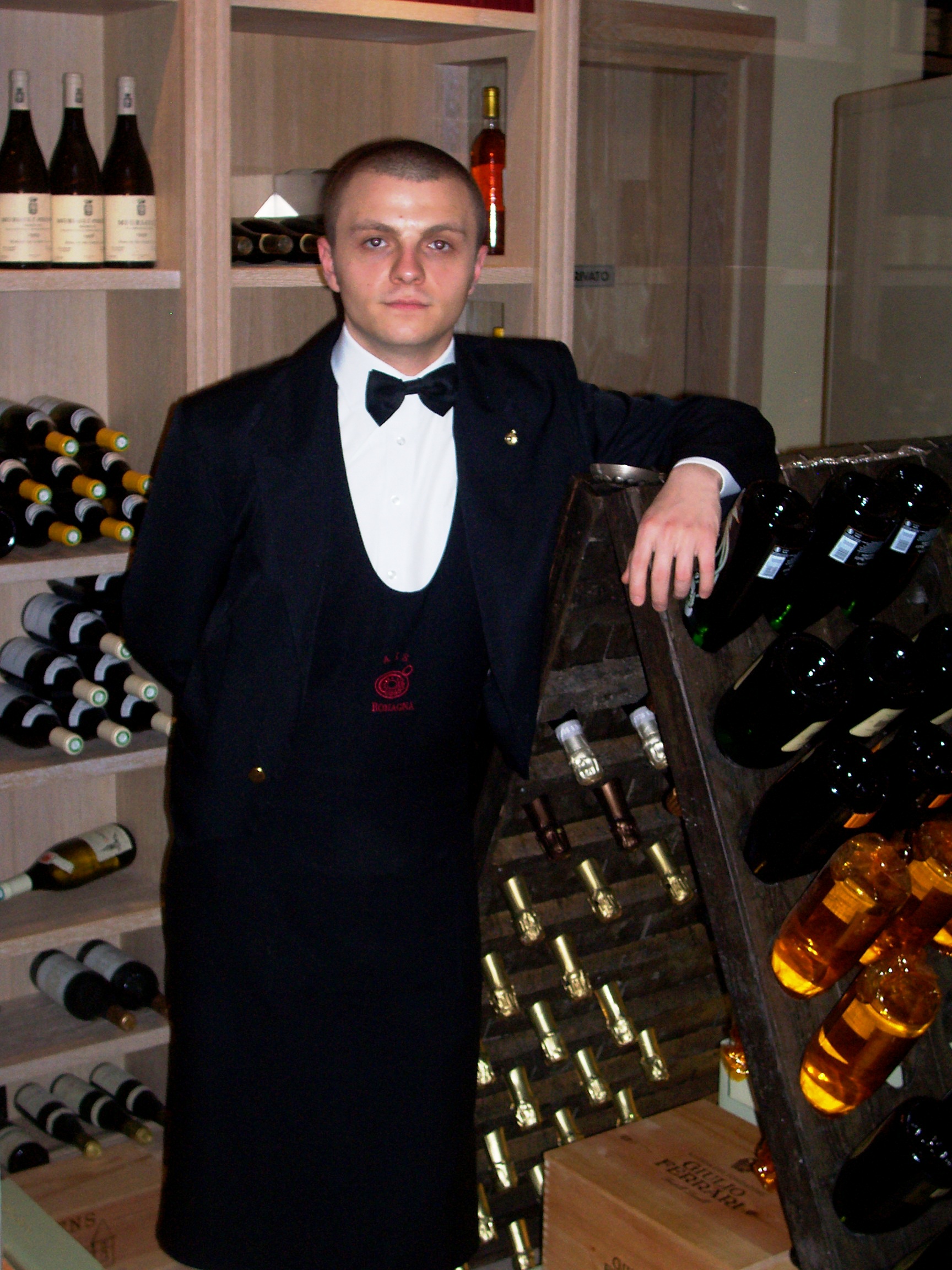Becoming a Sommelier: A Journey into the World of Wine Expertise
Are you passionate about wine and eager to explore the intricate flavors, aromas, and origins of different varieties? If so, embarking on a journey to become a sommelier might be the perfect path for you.
As a sommelier, you can immerse yourself in the fascinating world of wine, develop your palate, and share your knowledge with others.
What is a Sommelier?
A sommelier, pronounced suh-muhl-yay, is a trained wine professional specializing in all aspects of wine service and pairings. They have extensive knowledge about wines, winemaking regions, grape varieties, and wine tasting.
Sommeliers work in restaurants, hotels, wine bars, or wineries, curating wine lists, recommending pairings, and ensuring exceptional wine experiences for guests.
The Journey to Becoming a Sommelier
Embarking to become a sommelier involves dedication, commitment, and an insatiable thirst for knowledge. Here are the key steps to kickstart your journey:
-
- Education: Enroll in a reputable wine education program or sommelier certification course. These programs comprehensively understand wine production, tasting techniques, wine regions, and food pairings.
- Practical Experience: Gain hands-on experience by working in the hospitality industry, particularly in establishments with a strong focus on wine. This will allow you to apply your knowledge, develop your palate, and familiarize yourself with various wine regions and styles.
- Tasting and Exploration: Continuously expand your wine knowledge by attending tastings, visiting vineyards, and exploring different wine regions. This will help refine your palate and deepen your understanding of the diverse world of wine.
- Networking: Connect with other professionals in the wine industry, join wine clubs, and attend industry events. Networking can provide valuable insights, mentorship opportunities, and access to unique wine experiences.
- Certification: Consider pursuing formal sommelier certification from organizations such as the Court of Master Sommeliers or the Wine & Spirit Education Trust (WSET). These certifications validate your expertise and open doors to exciting career opportunities.
Remember, becoming a sommelier is a continuous journey of learning and refinement. The more you immerse yourself in the world of wine, the more you will discover and appreciate its intricacies and nuances.
What are the main challenges aspiring sommeliers face during their training and certification process?
Several challenges aspiring sommeliers may face during their training and certification process:
1. Extensive knowledge: Sommeliers must know about various wines, including their origins, production methods, tasting notes, and food pairings. Memorizing and understanding this vast amount of information can be challenging.
2. Tasting skills: Developing a refined palate and accurately identifying and describing different flavors and aromas in wines is crucial for sommeliers. It takes time and practice to hone these tasting skills.
3. Wine service: Sommeliers need to master the art of serving wine properly, including opening bottles, decanting, and pouring. They must also be familiar with different glassware and understand the appropriate serving temperatures for various wines.
4. Communication skills: Aspiring sommeliers must communicate effectively with customers, explain wine options, make recommendations, and answer questions. Developing excellent communication skills, including conveying complex information clearly and understandably, can be challenging.
5. Time commitment: Becoming a sommelier requires a significant time commitment to studying, attending tastings, and gaining practical experience. Balancing this with other personal and professional commitments can be demanding.
6. Financial investment: Pursuing sommelier certification often involves financial investment in courses, exams, study materials, and wine samples. This can be a challenge for individuals with limited resources.
7. Practical experience: To become a successful sommelier, practical experience is crucial. However, gaining hands-on experience in a professional setting can be difficult, especially for those without industry connections.
8. Physical stamina: Sommeliers often work long hours and may be required to lift heavy cases of wine or move quickly between tables. Physical stamina and endurance are essential to meet the demands of the job.
The journey to becoming a certified sommelier is demanding and requires dedication, perseverance, and a genuine passion for wine.
How does the Professional Association of Sommeliers support individuals in their journey toward becoming recognized wine experts?
The Professional Association of Sommeliers (PAS) supports individuals in their journey towards becoming a recognized wine expert through various means:
1. Education and Training: PAS provides educational programs, courses, and workshops to help individuals enhance their knowledge and skills in wine tasting, pairing, wine production, and other related areas. These programs are designed to provide a comprehensive understanding of wines and the wine industry.
2. Certification: PAS offers certification programs that validate the expertise and knowledge of individuals in the field of wine. These certifications, such as the Certified Sommelier or Master Sommelier, are internationally recognized and highly respected within the wine industry.
3. Networking Opportunities: PAS organizes events, conferences, and competitions where individuals can network with other professionals in the wine industry. These networking opportunities allow individuals to learn from experienced sommeliers, exchange ideas, and build connections to further their field careers.
4. Access to Resources: PAS provides a wide range of resources, including publications, research papers, and industry insights. These resources help individuals stay updated with the latest trends, developments, and advancements in the world of wine.
5. Mentorship and Support: PAS offers mentorship programs where aspiring sommeliers can be paired with experienced professionals who can guide and support them in their journey toward becoming recognized wine experts. This mentorship provides valuable advice, feedback, and guidance to individuals, helping them develop their skills and expertise.
Overall, the Professional Association of Sommeliers is crucial in supporting individuals in their journey toward becoming recognized wine experts by providing education, certification, networking opportunities, access to resources, and mentorship.
Becoming a Sommelier – Final Thoughts
Becoming a sommelier is a fulfilling and exciting endeavor for wine enthusiasts. It allows you to combine your passion for wine with a rewarding career. So, raise your glass and toast to the beginning of your journey into the captivating world of wine expertise!




